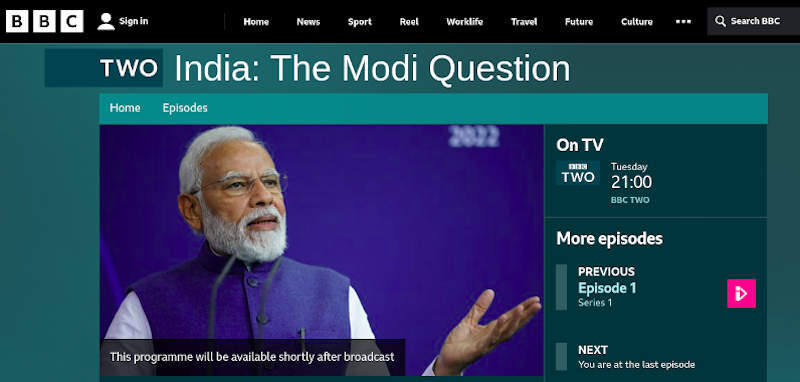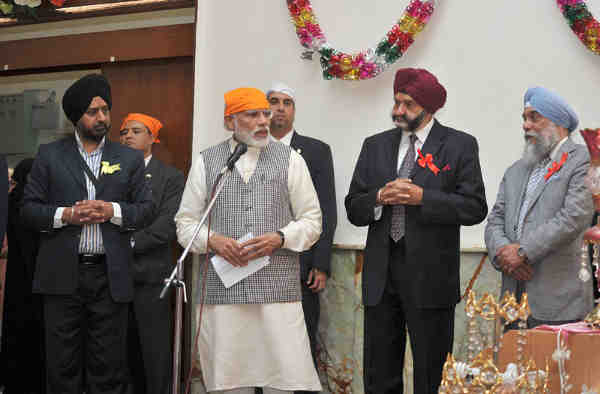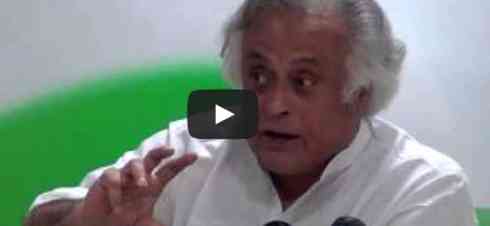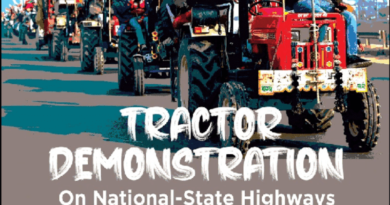Supreme Court Refuses to Ban BBC Documentary on Modi
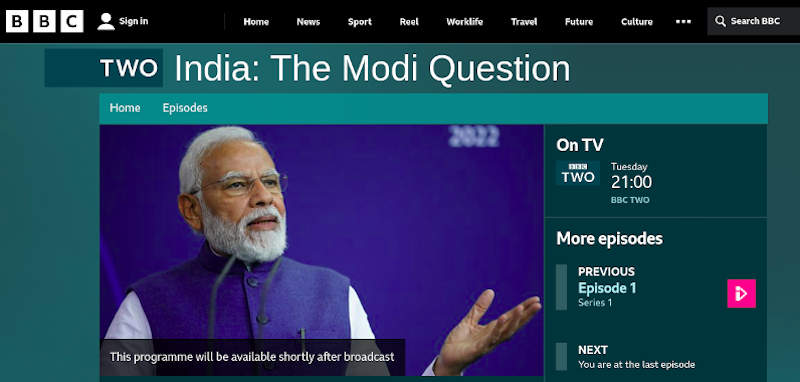
Supreme Court Refuses to Ban BBC Documentary on Modi
The documentary sheds light on Modi’s role in the Gujarat violence of 2002 when Modi was the chief minister (CM) of Gujarat.
By Rakesh Raman
The Supreme Court of India today (February 10) dismissed a petition seeking a ban on the recent BBC documentary that reveals prime minister (PM) Narendra Modi’s role in the Gujarat violence of 2022.
The Supreme Court dismissed the petition saying that it is a “totally misconceived and merit-less plea,” which was filed by a right-wing outfit believed to be associated with Modi.
While rejecting the petition, a bench of Justices Sanjiv Khanna and MM Sundresh said that such an appeal of banning a film cannot even be entertained in the court.
Earlier, on February 3, the Supreme Court had issued notice on another petition challenging the Indian government’s decision to block the public access to this BBC documentary, “India: The Modi Question”.
A bench comprising Justices Sanjiv Khanna and MM Sundresh also directed the government to produce the original records related to the documentary ban order on the next date of hearing, which will be in April 2023.
The petition by journalist N. Ram, advocate Prashant Bhushan, and politician Mahua Moitra contends that the Central Government has violated citizens’ Right To Know by blocking the documentary on PM Modi.
According to the Live Law news site, the petition seeks to restrain the Modi government from censoring the BBC documentary and to quash all orders which directly or indirectly block the online access to it.
Related Content:
[ Video: Hindenburg Research on Adani ]
[ Video: Congress Misleading Indians in Adani Corporate Fraud Case ]
[ Also Read: New BBC Documentary Explains Modi’s Role in Gujarat Riots ]
[ Also Read: How Congress Is Misleading Indians in the Adani Corporate Fraud Case ]
Reports suggest that on January 21, India’s Ministry of Information and Broadcasting had invoked its emergency powers under the IT Rules 2021 to order the removal of the links from YouTube and Twitter, after the first part of the documentary was aired.
The documentary sheds light on Modi’s role in the Gujarat violence of 2002 when Modi was the chief minister (CM) of Gujarat. The first part of the series aired in the United Kingdom on BBC Two channel on January 17.
As usual, without any substantiation, the Indian government has termed the BBC documentary a propaganda film, saying it aims to discredit Modi. The second part of the documentary was shown on BBC Two on January 24.
On January 23, The Caravan magazine published the text of the report of inquiry conducted by the UK government into the 2002 Gujarat violence, which was cited in the BBC documentary on Modi.
Although the BBC film is about Modi’s role in the Gujarat violence, the Modi government is projecting it as an attack on the Indian state and trying to block the screening of the film by hook or by crook.
The Modi government – under its draconian laws to censor online content – directed YouTube and Twitter to take down links of the BBC documentary and both the social media sites succumbed to the government’s pressure and blocked the film.
However, some media outlets have given details of the alternative channels that can be used to watch both the episodes of the two-part docuseries, “India: The Modi Question”.
On January 24, international human rights organization Human Rights Watch tweeted parts of the film and said, “India has banned a BBC documentary about Prime Minister Narendra Modi’s role in the 2002 riots in Gujarat state. The documentary highlighted a report that found Modi ‘directly responsible’ for the ‘climate of impunity’ enabling the violence.”
While about 2,000 Muslims were killed in the Gujarat riots, there were incidents of rape, robbery, and widespread destruction of property affecting Muslims. It was alleged that the killings were executed at the behest of Modi.
Although Indian courts have exonerated Modi in this case, most Muslims in India still believe that Modi was responsible for the Gujarat massacre. The less said about the Indian courts, the better.
By Rakesh Raman, who is a national award-winning journalist and social activist. He is the founder of the humanitarian organization RMN Foundation which is working in diverse areas to help the disadvantaged and distressed people in the society. He has also launched the “Power Play: Lok Sabha Election 2024 in India” editorial section to cover the news, events, and other developments related to the 2024 election.

